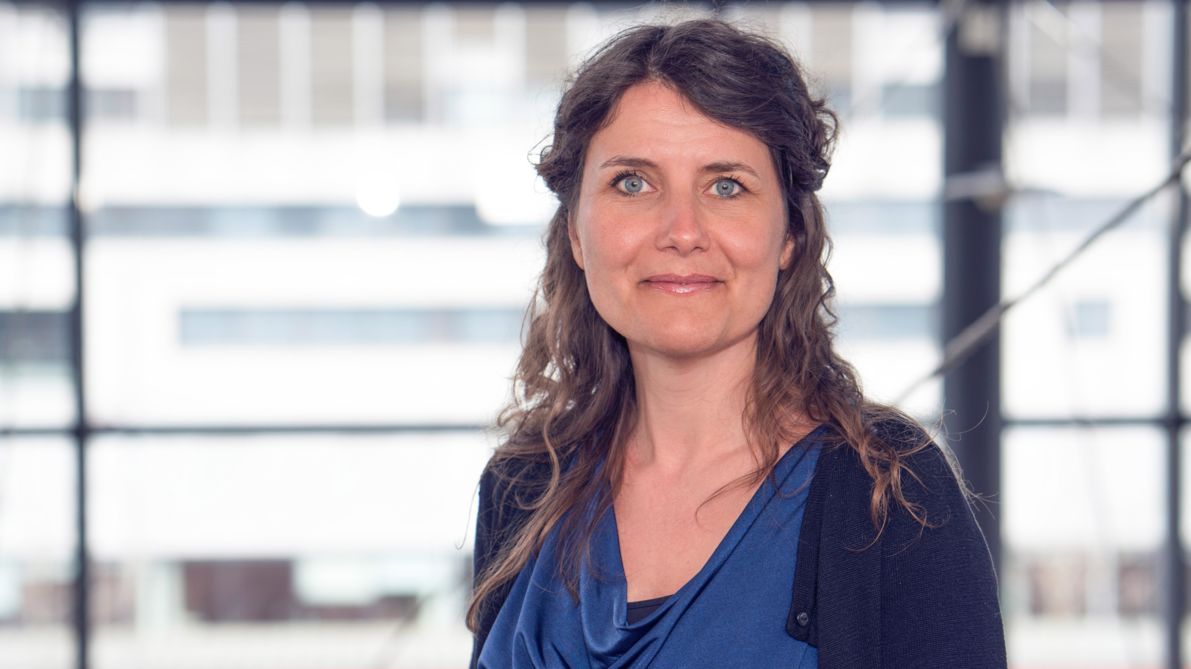Has your union representative made a difference for you and your colleagues? Then you can say thank you by nominating them for the Union Representative of the Year award.
Holiday
Expert advice: 5 tips for a stress-free holiday

The tasks are piling up, a lot of loose ends need to be tied up, agreements need to be made, responsibilities and divisions of tasks need to be clarified. Getting ready for a holiday can be stressful.
But it doesn't have to be that way if you prepare well. It's all about prioritising and structuring the tasks you need to do before and after your holiday. But it's also about being realistic about the time you have. Here are five tips to help you de-stress during the holidays:
Plan for peace of mind
It gives you peace of mind to know that you can take time off from work.
You can do that when you have an overview of your tasks - and know what you need to do before the holiday and what can wait until after. Because not all tasks are equally important.
You need to prioritise tasks according to their importance - and structure them according to what needs to be done now and what can wait. Then you need to allocate time in a structured way to when and how each task should be done. The key here is to be realistic.
Get clarification - also with your manager
If your realistic time management shows that you have too many tasks that cannot be completed before the holiday, then your manager must become involved. Some tasks may need to be delegated to other colleagues who can take care of them while you are on holiday. It is up to your manager to decide what to do.
In general, you need to clarify who colleagues, business partners and customers should contact while you are away. This should then be clearly communicated in your auto-response and on emails within the organisation.
Set aside the first and last working day for yourself
If possible, set aside the last working day before the holiday - book yourself in if you want - so you can tie up loose ends, clear the piles on your desk and sort out your inbox.
You should do the same on the first day after your holiday. And because you made a list of pre- and post-holiday tasks before your holiday, you know exactly what tasks are waiting for you when you return to work.
Another good tip is to start off with a short working week after the holidays, so that you only have to work two days before the weekend, for example. This gives you a soft start after the holidays.
Don't be online
It's certainly easier said than done. But it's perfect if you're not online in relation to your workplace during the holidays. However, it's not realistic for all engineers and MScs to leave their computer at the office, turn off their phone and not check email at all.
If that's not possible, agree with colleagues exactly when you'll be online, so you don't have to spend the whole holiday checking your email or phone. Delegating and relinquishing control and responsibility is an exercise. But trust that your good planning has meant that you won't be needed, so you can enjoy your holiday.
If your holiday is interrupted
Even though you've done everything you can to prepare, you may still be contacted by your manager, colleagues, or collaborators.
Your employer is allowed to contact you during your holiday with minor inquiries, but you cannot be asked to work. For this reason, it is up to you whether you want to respond to your manager's messages.
It is up to you whether you want to help, for example with answers to a simple question, but you also have the right to answer that you are on holiday now and can only be available when you are back from the holiday. If necessary, you can also refer someone else who can help.
If you are the only one who can solve the problem, you must assess whether you want to step in and do the work. If you do, your holiday will be interrupted and you will be back at work. If that situation arises, or if you are in doubt about how to proceed, you can contact IDA for advice on your situation.
If it is a pattern that you are disturbed during your holidays with inquiries, you must take this up with your manager. If it is a matter of resources or planning, it is he or she who has the managerial right and duty to do something about it.
Holiday: Here are your rights
Find information about holiday pay, transfer of holiday, holiday and termination, and much more.